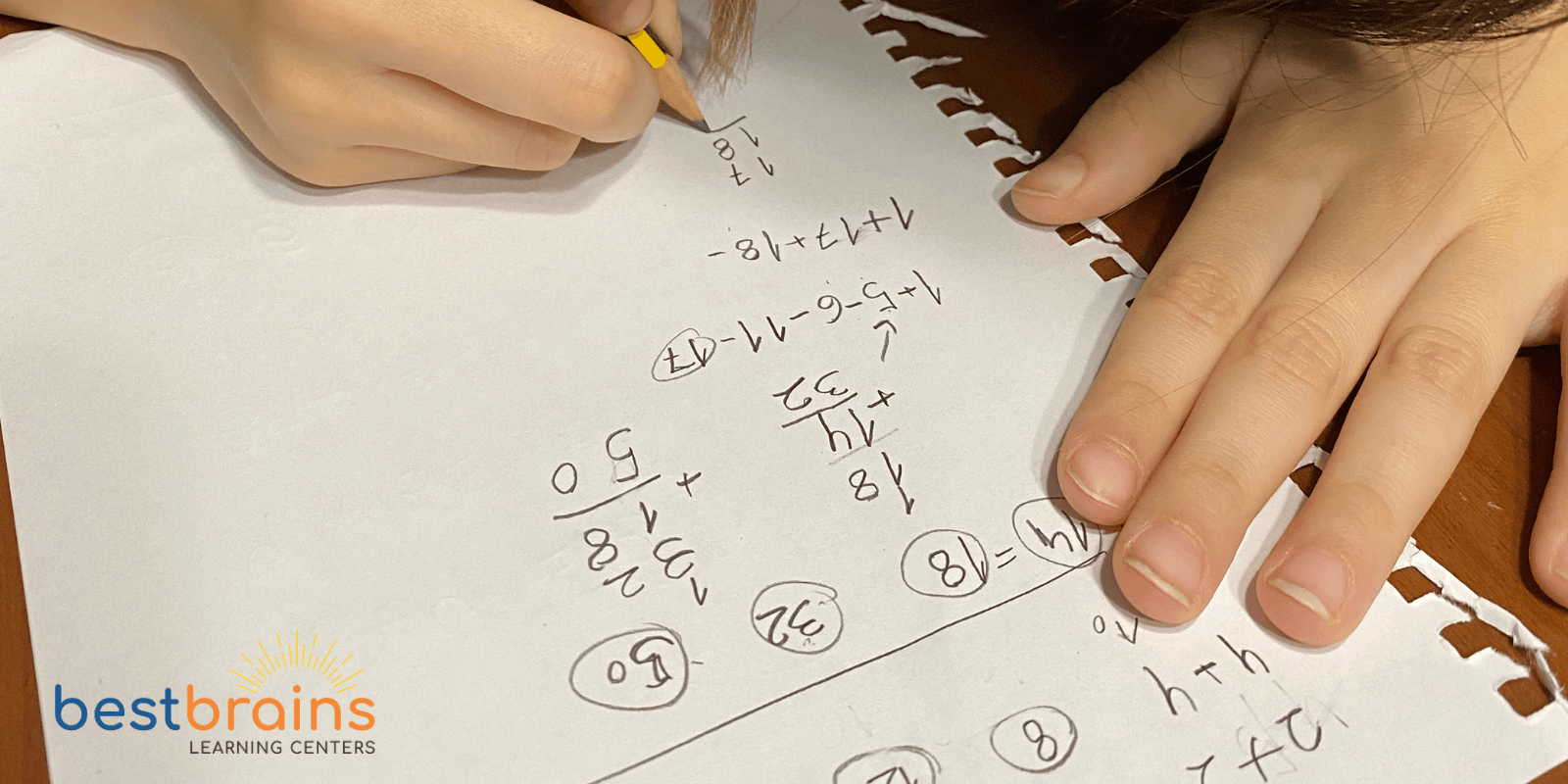Mechanicsburg
Questions You Should Ask During Your Next Parent-Teacher Conference
Questions You Should Ask During Your Next Parent-Teacher Conference
Make the most of your 15 minutes—and advocate for your child’s success.
Parent-teacher conferences are one of the best opportunities to check in on your child’s academic progress, social development, and classroom behavior. But with meetings often limited to 10–20 minutes, it’s easy to feel rushed or leave without the answers you really need.
At Best Brains Learning Center, we encourage families to approach conferences with confidence and purpose. The right questions can help you uncover what’s going well—and where extra support may be needed.
Here’s a list of smart, specific questions to bring to your next meeting:
1. How is my child doing compared to expectations for their grade level?
This gives you context. Knowing your child is “doing fine” is helpful—but knowing whether they’re at grade level, ahead, or behind is far more actionable.
2. Are there specific academic areas where they’re struggling or excelling?
This question opens the door to strengths and challenges. For example: Are they reading fluently but struggling with comprehension? Great at math facts but falling behind on word problems? Knowing these details helps you support them at home—or through programs like Best Brains.
3. How does my child participate in class?
Academic skills are important, but so is classroom behavior. Is your child:
- Eager to contribute, or quiet and withdrawn?
- Focused, or easily distracted?
- A team player in group work?
This gives insight into their confidence and social development.
4. How are their study habits and organization?
Ask how your child handles:
- Homework
- Test prep
- Following directions
- Turning in assignments on time
These executive functioning skills often impact grades more than intelligence.
5. What can we do at home to reinforce learning?
Teachers love proactive parents! Whether it’s setting a routine, encouraging nightly reading, or reviewing math facts, this shows your child that school and home are on the same team.
6. Is my child receiving any extra support—or could they benefit from it?
If your child is being pulled out for small group instruction or needs intervention, you should know about it. Likewise, if they’re advanced and need enrichment, this is the time to speak up.
At Best Brains, we often serve students who fall into both categories—those catching up and those ready to move ahead.
Final Tip: Ask for Specific Examples
If a teacher says your child is “doing fine,” don’t be afraid to ask:
- “Can you give me an example of a recent assignment?”
- “How did they handle the last project?”
- “Can I see a writing sample?”
Specifics are the key to understanding your child’s experience—and how to help them grow.
Want a second opinion or extra support?
Bring your child’s report card or test results to Best Brains for a free diagnostic test. We’ll help you identify exactly where they’re thriving—and where they may need a boost.
References/Further Reading
- American Federation of Teachers. (n.d.). Parent-teacher conference tips. Retrieved from https://www.aft.org/periodical/american-educator/fall-2006/parent-teacher-conferences
- GreatSchools. (2022). Top 10 questions to ask during a parent-teacher conference. Retrieved from https://www.greatschools.org/gk/articles/questions-to-ask-during-a-parent-teacher-conference/
- National Education Association. (n.d.). Parent-teacher conferences: Tips for parents. Retrieved from https://www.nea.org/resource-library/parent-teacher-conferences-tips-parents
- Understood.org. (2023). How to make the most of parent-teacher conferences. Retrieved from https://www.understood.org/en/articles/how-to-make-the-most-of-parent-teacher-conferences
- Harvard Family Research Project. (2010). Parent-teacher conference tip sheets. Retrieved from https://archive.globalfrp.org/var/hfrp/storage/fckeditor/File/Tip%20Sheet%20-%20Parent.pdf




